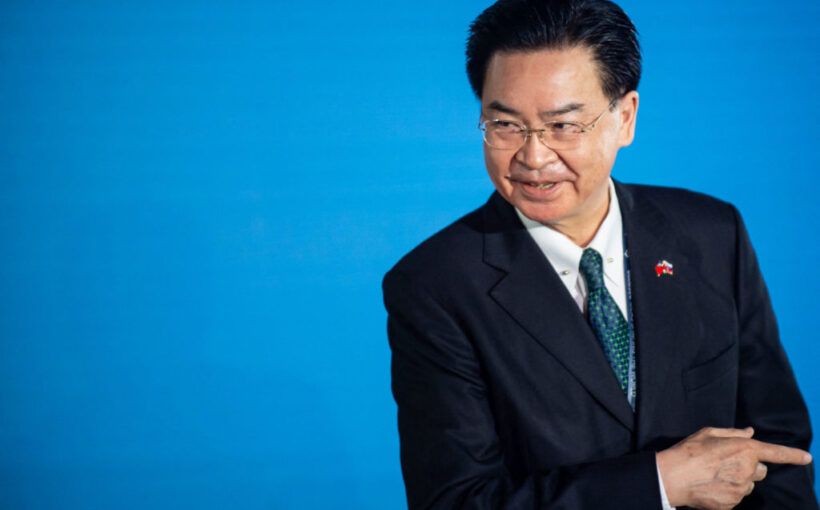In the wake of pushback by Brussels after it lowered barriers to corruption, Slovakia’s increasingly illiberal government is now taking heat for its campaign to bring NGOs to heel.
Leftist-populist Prime Minister Robert Fico, who returned to power last fall, started his fourth term as leader by vowing to end the era of “NGO supremacy” and reroute their funding elsewhere. His promise to introduce a law labeling NGOs as foreign agents if they are funded from abroad saw GLOBSEC, the country’s largest high-level security conference, decamp to Prague in March.
The amendment is currently in second reading in the Bratislava legislature.
Now, the Council of Europe has weighed in. Human Rights Commissioner Michael O’Flaherty wrote to Slovakia’s parliamentary leadership Tuesday to ask that MPs change course on legislation that would stigmatize NGOs and undermine the independence of the country’s public broadcaster.
In his letter, O’Flaherty addressed Deputy Speaker Peter Žiga of the ruling coalition Hlas (Voice) party, along with four committee chairs, asking the parliament to reject an amendment to the law on non-profit organizations as potentially “incompatible with EU law, including on the ground of unjustified interferences with the right to freedom of association.”
O’Flaherty also criticized proposed changes to the RTVS public broadcaster, which include allowing the government to nominate people to its governing council — the parliament currently picks all nine members — and giving the government greater control over its editorial policies. He asked MPs to give “close consideration to concerns that elements of the bill may undermine safeguards for the operational or editorial independence of the public service broadcaster.”
Among his objections to the NGO law, O’Flaherty cited a new rule requiring that organizations with an annual income over €50,000 submit detailed reports on their sources of funding, and that those receiving more than €5,000 annually from abroad register themselves as “an organization with foreign support.”
NGOs with such funding would have to label themselves as foreign-funded in all their activities; those that fail to do so could be dissolved by the interior ministry without judicial process.
“These provisions appear to lack appropriate procedural safeguards and to fail to sufficiently meet the requirements of necessity and proportionality,” O’Flaherty wrote.
“The requirement to be registered and publicly present themselves as an ‘organisation with foreign support’ will likewise create such a chilling effect in the Slovak Republic.”
Hlas MP Samuel Migaľ said the NGO amendment would likely be softened in committee during the second reading, and that “everything will be different from how the law was maybe approved in first reading.”
Migaľ complained on a May 5 talkshow on the TA3 television news channel that unjust “simplifications” were impugning the NGO bill. “The interior minister isn’t about to slap his stomach [act precipitously] and dissolve some NGOs,” he said. “In the end the minister won’t be the one who decides, but rather a court.”
But Zuzana Petková, a former journalist who leads the Zastavme korupciu (Stop Corruption) NGO, told POLITICO that the “chilling effect” O’Flaherty warned of had already set in since Fico returned to power.
“After I came to our foundation, I wanted to diversify our funding so we wouldn’t be reliant on a single donor,” she said. “That was starting to work, but after the [Sept. 30] election, some of our donors got cold feet because Fico has repeatedly called us his main enemies.
“The objections that the Council of Europe commissioner presented in his letter accurately name the problems that we will have if these changes are passed,” Petková added. “I have heard, however, that due to external pressure, the ruling coalition is considering dropping the labelling of NGOs with funding from abroad. If so, that would be good news.”


